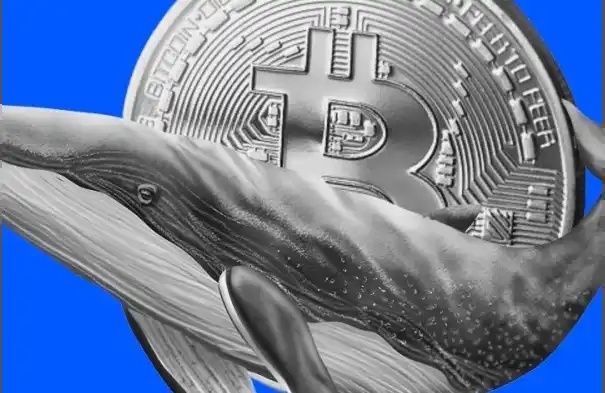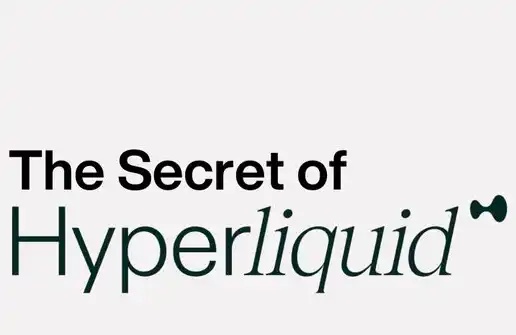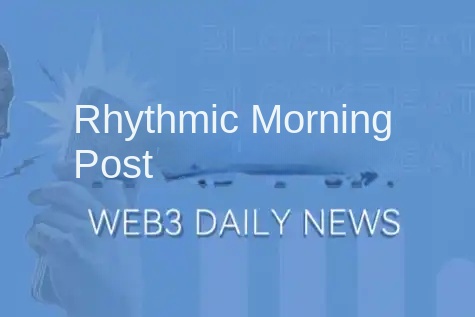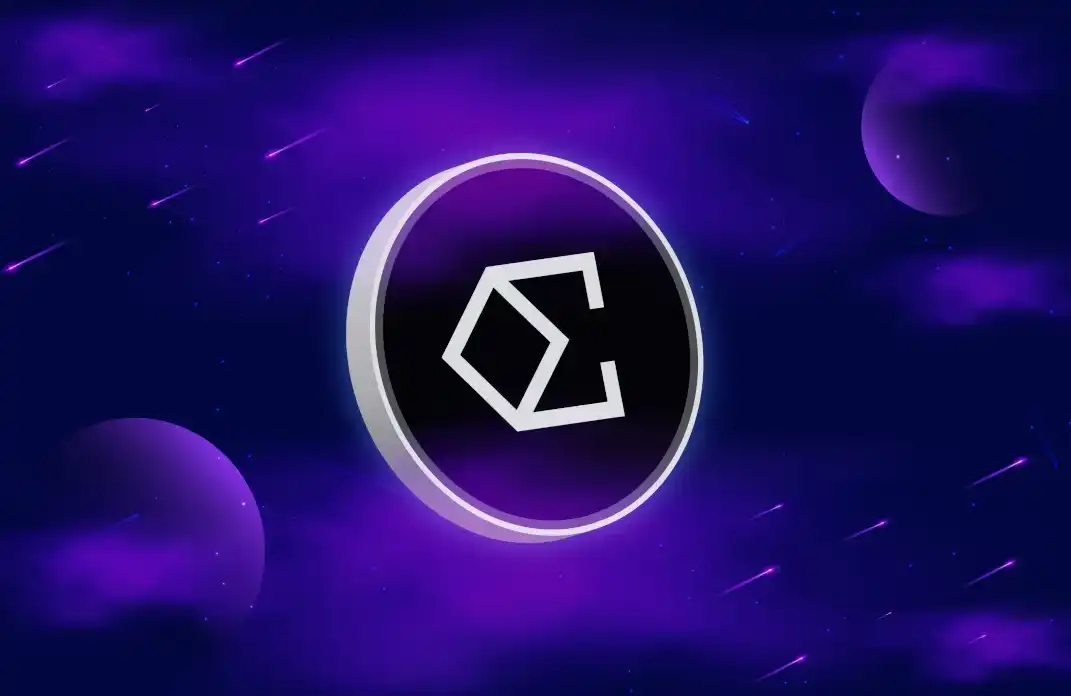Delphi Labs' chief legal advisor: Most tokenization of RWA cannot be realized.
Original author: @lex_node
Original translation: Luccy, BlockBeats
RWA (Real World Assets) is undoubtedly one of the hottest concepts in the crypto industry today. As of October 3rd, MakerDAO RWA's total assets reached 3.246 billion US dollars.
As a pioneer representative in the encryption industry, Maker has eaten the dividend of the high-interest rate cycle by opening up the profit window for US bonds, thereby amplifying the market demand for DAI, and ultimately pushing up its own market value in the downturn. Since then, projects such as Canto and Frax Finance have also achieved certain success through similar strategies. The former has doubled its currency price within a month, and the latter has just launched sFRAX with the V3 version, with an astonishing increase in scale.
Related reading: "Is there too much hype? RWA is not as easy as it seems".
Paolo Ardoino, who is about to become the CEO of Tether, announced on social media on October 14th that he plans to launch an RWA platform. In addition, tokenized RWA platforms DigiShares and Untangled Finance have announced completed funding rounds of $200 million and $13.5 million, respectively. However, @lex_node, the general counsel of Delphi Labs, pointed out on social media that most of the tokenization of RWA cannot be realized and provided a detailed analysis. BlockBeats has translated the analysis below:
In this article, we will explore three types of RWA tokenization:
1. "Real" securities: such as stocks, bonds, etc.;
2. Ownership of off-chain assets: such as real estate, registered intellectual property rights also belong to this category;
3. Receipt/deposit certificate for off-chain assets: such as specific gold bars.
However, without a government-approved tokenization plan, it will not be possible to tokenize ownership of real estate or other property with ownership rights. Therefore, in practice, Type 2 is actually Type 1. People tokenize shares of the entity that owns the relevant assets, rather than tokenizing the assets themselves.
For private intangible property, there may be some exceptions for Type 2. For example, I can create an NFT and automatically assign certain copyrights to the legitimate holders of the NFT. In this case, the rights come from moral and contractual rights, rather than government authorization.
However, in most cases, if anonymous securities are not created, it may not be possible to tokenize Type 1, which is likely to be illegal. Therefore, in practice, you may obtain "souvenir tokens" similar to USDC or USDT, whose value is closely related to the value of RWA, but achieved through indirect and highly trusted mechanisms.
In fact, Type 3 (Tokenized Collateralized Debt Obligations/CoDs) is feasible. Anonymous receipts are legally valid, and through private agreements, tokens can be considered as constituting such receipts. Therefore, the third type is almost the only way to truly achieve the "tokenization of real-world assets (RWA)".
Reference reading: "Switzerland: Bearer Shares Banned: What To Do"
In addition, sometimes what appears to belong to type 1 is actually type 3. An example is Roofstock Onchain, which tokenizes the membership interests of a limited liability company. In this case, the LLC owns a single standalone property, and buying and selling is "all or nothing," meaning you must either buy the entire LLC or not buy anything at all.
In this case, the membership interests of the LLC are typically not considered securities, so this actually falls under Type 3. The only difference is that you are not receiving tokenized receipts from a custodian of assets, but rather purchasing the entire custodian of assets.
Reference reading: "roofstock onchain document"
So, is the term "tokenized securities" accurate? Generally speaking, this is a misnomer because tokens themselves are not securities. The US Securities and Exchange Commission (SEC) and other regulatory bodies require authoritative ledgers to be maintained by transfer agents, brokers, or dealers, rather than as tokens on a public blockchain. While the blockchain may record ownership transfers, it is essentially a lagging or non-authoritative indicator. Public blockchain tokens are simply ownership "souvenirs" recognized on transfer agent private ledgers, and they are not securities or securities instruments themselves.
Please note that most people do not actually own their "non-tokenized" securities; they own a "securities account" or "securities entitlement" with a brokerage firm. In fact, the brokerage firm itself does not even own the securities, which is the issue that the WallStreetBets movement is concerned with.
To summarize the entire securities ownership pyramid, you can track equity claims through multiple brokers and then reach DTCC and Cede & Co to obtain actual securities, which is not something we should be doing on the blockchain. If any, the advantage of tokenizing securities is to create a more direct and simpler form of ownership on the chain, which makes a lot of sense. This is a very complex issue that requires very smart legal hackers to make changes to laws, regulations, and market practices, but currently, almost no one is practicing.
The key to blockchain is to reduce trust assumptions or requirements, while "tokenizing RWA" actually increases trust assumptions, far more than the trust assumptions required for normal off-chain ownership. We should avoid this situation like avoiding a plague, as we have seen in the collapse of USDR and other similar collapses that may occur in the future, where "yield" is not a reasonable price for hidden risks.
But I want to clarify that in the long run, I am actually optimistic about RWA. I believe that regulations will eventually adapt, which will be achieved by people gradually avoiding the rules. At the same time, I don't want people to buy or sell universal medicines that they don't understand.
All RWA documents should always be fully disclosed, but currently this is not the case. This is similar to using unverified and unpublished smart contracts, which should also be accurately described, but in most cases this has not yet been achieved.
Welcome to join the official BlockBeats community:
Telegram Subscription Group: https://t.me/theblockbeats
Telegram Discussion Group: https://t.me/BlockBeats_App
Official Twitter Account: https://twitter.com/BlockBeatsAsia
 Forum
Forum OPRR
OPRR Finance
Finance
 Specials
Specials
 On-chain Eco
On-chain Eco
 Entry
Entry
 Podcasts
Podcasts
 Data
Data

 Summarized by AI
Summarized by AI







